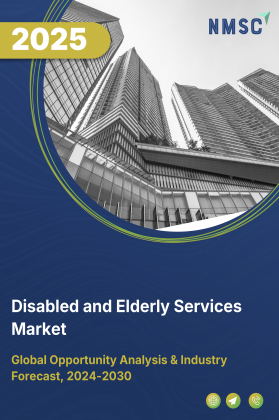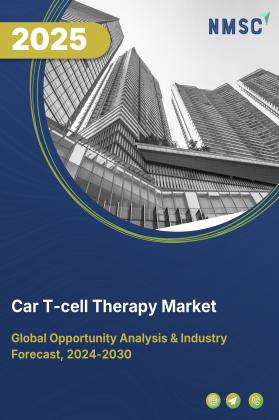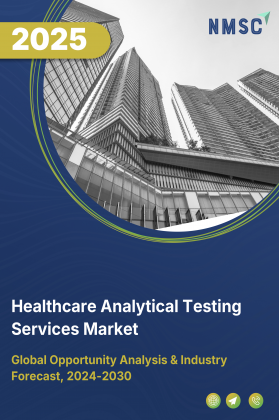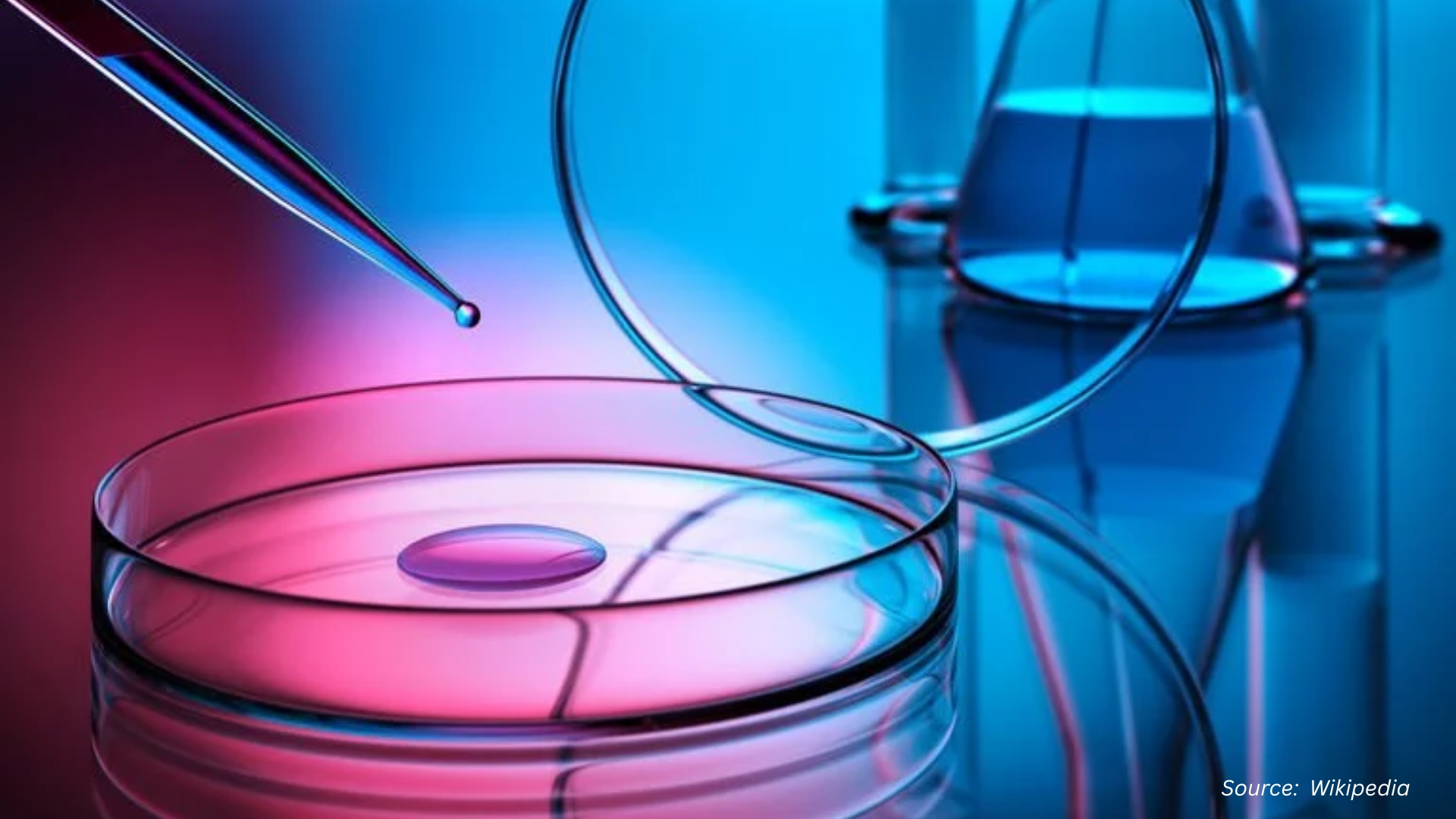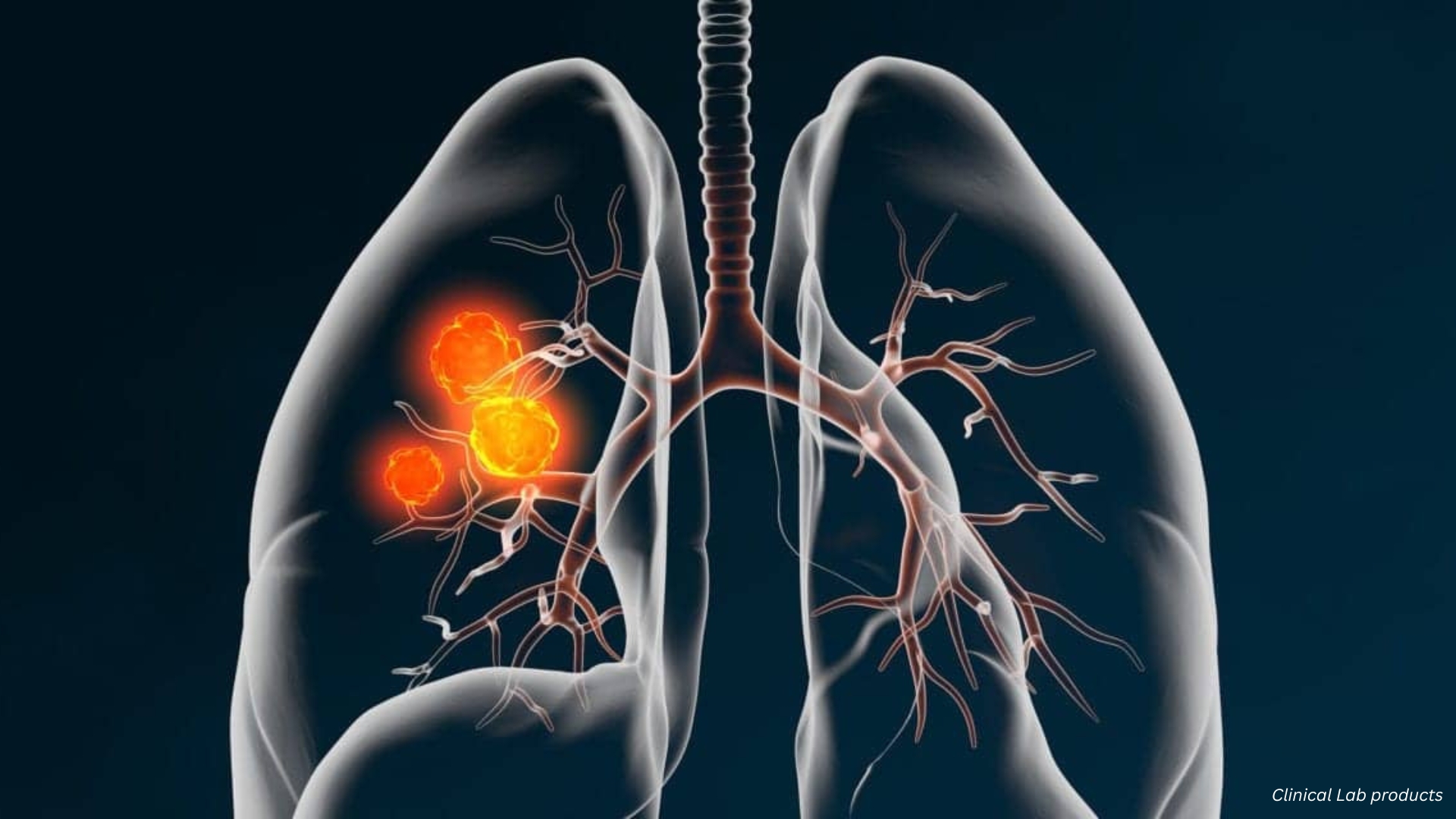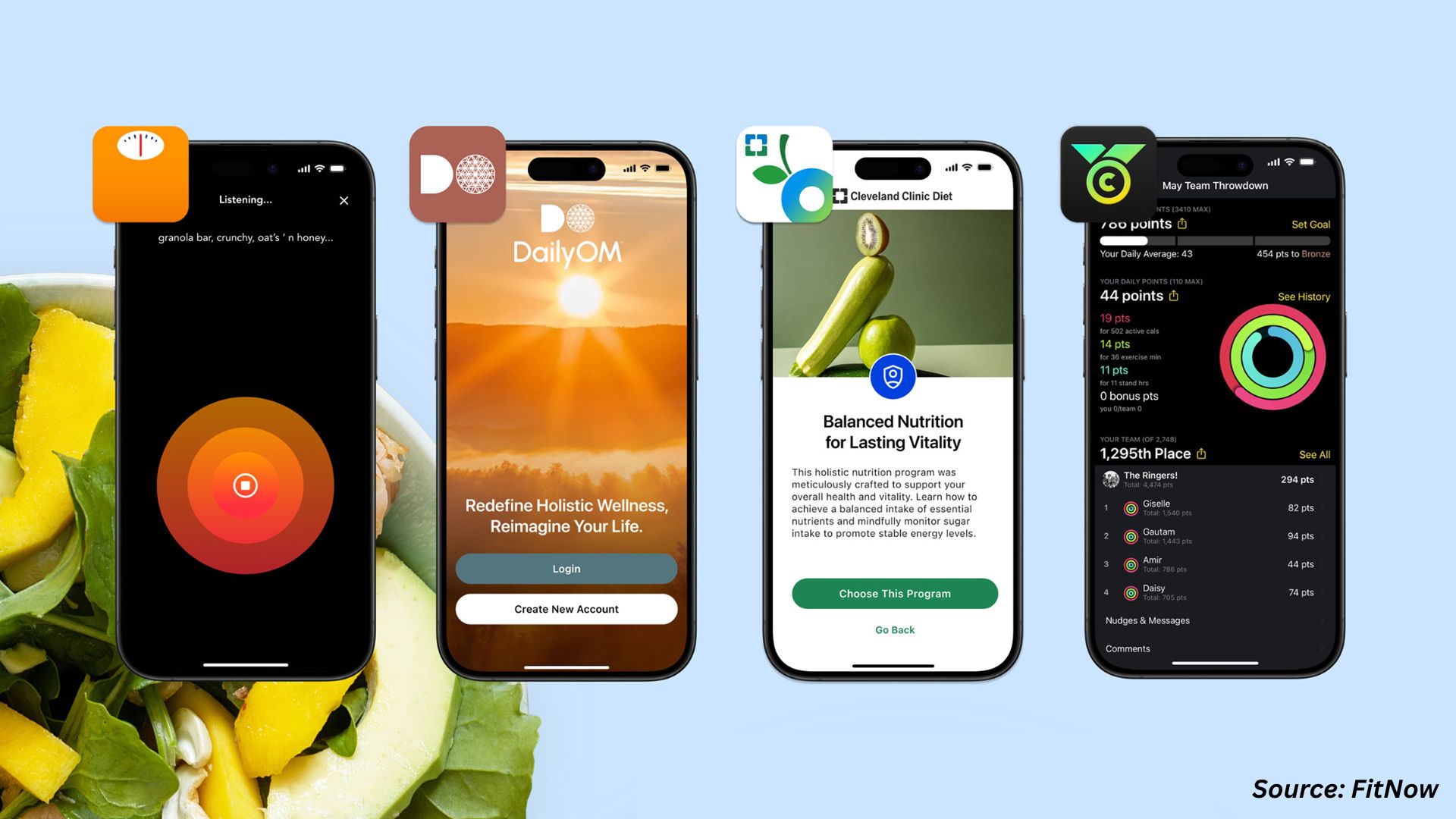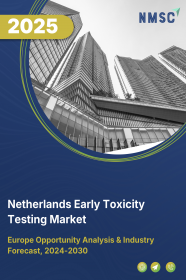
Netherlands Early Toxicity Testing Market by Technique (In Vivo, In Vitro and In Silico), by Toxicity Endpoint (Genotoxicity, Dermal Toxicity, Skin Toxicity, Ocular Toxicity, Phototoxicity, and Others), and by End-User (Pharmaceutical Industry, Cosmetic Industry, Chemical Industry, Food Industry, and Others) – Opportunity Analysis and Industry Forecast, 2025–2030
Industry: Healthcare | Publish Date: 26-May-2025 | No of Pages: 147 | No. of Tables: 112 | No. of Figures: 57 | Format: PDF | Report Code : HC737
Industry Overview
The Netherlands Early Toxicity Testing Market size was valued at USD 56.5 million in 2024, and is predicted to reach USD 105.8 million by 2030, at a CAGR of 11.0% from 2025 to 2030. The market in Europe is gaining momentum due to the rising prevalence of chronic diseases and the steady expansion of the pharmaceutical sector. These factors are accelerating the demand for reliable toxicity evaluation methods to ensure drug safety.
However, the early toxicity testing market in the Netherlands faces challenges due to stringent testing regulations and extended drug approval timelines. Despite this, the integration of 3D cell culture technology offers a significant opportunity for market expansion by enhancing the accuracy and reliability of test results. Leading companies such as Merck KGaA, Medpace, Thermo Fisher Scientific, Charles River Laboratories International, Inc., and Eurofins Scientific are actively engaged in product development and cross-border collaborations. These initiatives aim to enhance testing capabilities, ensure faster identification of potential risks, and support compliance with evolving regulatory standards. The growing shift toward non-animal testing and ethical drug development practices positions the sector for continued growth in the region.
Increasing Chronic Diseases Fuel the Market Growth
The increasing incidence of chronic diseases across Europe is a key driver of the Netherlands early toxicity testing market growth. A growing number of individuals require long-term medications for conditions such as diabetes, cardiovascular disease, and autoimmune disorders. To cater to this demand, pharmaceutical firms are developing specialized therapies, which in turn increases the need for early toxicity assessments. These evaluations are critical in ensuring that new drugs are both safe and effective for long-term use, thereby supporting the growth of the industry.
Expansion of the Pharmaceutical Industry Drives Market Growth
The pharmaceutical industry in Europe is expanding rapidly, with increased investments in research and drug development. As more companies focus on launching innovative therapeutics, the need for early-stage toxicity testing becomes essential to minimize risks and improve drug efficacy. By identifying potential toxic compounds early in the development pipeline, pharmaceutical companies can reduce costs, shorten time-to-market, and improve regulatory outcomes. This increased focus on safety and efficiency is contributing to the broader adoption of toxicology screening solutions across the region.
Stringent Testing Requirements Hinder Market Expansion
Strict regulatory requirements in Europe pose a challenge to the growth of the early toxicity testing market. Regulatory bodies such as the European Medicines Agency (EMA) enforce detailed and time-consuming preclinical and clinical testing protocols. These lengthy approval procedures delay the entry of new drugs into the market and raise development costs, especially for smaller companies. As a result, the Netherlands early toxicity testing market demand may be impacted by the high compliance burden, limiting the industry expansion.
Incorporation of 3D Cell Culture Technology Creates Future Opportunity
The adoption of 3D cell culture technology in in-vitro testing is expected to unlock significant growth potential for the European market. These advanced models closely mimic the structural and functional complexity of human organs, offering more precise and reliable toxicity data. 3D cultures also minimize reliance on animal testing, aligning with the region’s ethical standards and regulatory push for alternative methods. This technology enhances drug safety evaluations, streamlines preclinical testing, and accelerates the development of safe pharmaceuticals, positioning the market for future expansion.
Competitive Landscape
The promising players operating in the Netherlands early toxicity testing industry include Merck KGaA, Medpace, Thermo Fisher Scientific, Charles River Laboratories International, Inc., Eurofins Scientific, PerkinElmer, Inc., Bio-Rad Laboratories, Inc., Agilent Technologies, Inc., Bruker Corporation, Galapagos NV, ICON plc, Veeda Clinical Research, Linical Co. Meditrial, Crown Bioscience, Clinisys, Inc., and others.
Netherlands Early Toxicity Testing Market Key Segments
By Technique
-
In Vivo
-
In Vitro
-
Cell Culture
-
PCR
-
ELISA
-
Western Blotting
-
Protein Binding Assays
-
-
In Silico
By Toxicity Endpoint
-
Genotoxicity
-
Dermal Toxicity
-
Skin Toxicity
-
Ocular Toxicity
-
Phototoxicity
-
Others
By End-User
-
Pharmaceutical Industry
-
Cosmetic Industry
-
Chemical Industry
-
Food Industry
-
Others
Key Players
-
Merck KGaA
-
Medpace
-
Thermo Fisher Scientific
-
Charles River Laboratories International, Inc.
-
Eurofins Scientific
-
PerkinElmer, Inc.
-
Bio-Rad Laboratories, Inc.
-
Agilent Technologies, Inc.
-
Bruker Corporation
-
Galapagos NV
-
ICON plc
-
Veeda Clinical Research
-
Linical Co. Meditrial
-
Crown Bioscience
-
Clinisys, Inc.
REPORT SCOPE AND SEGMENTATION:
|
Parameters |
Details |
|
Market Size Value in 2024 |
USD 56.5 million |
|
Revenue Forecast in 2030 |
USD 105.8 million |
|
Value Growth Rate |
CAGR of 11.0% from 2025 to 2030 |
|
Analysis Period |
2024–2030 |
|
Base Year Considered |
2024 |
|
Forecast Period |
2025–2030 |
|
Market Size Estimation |
Million (USD) |
|
Growth Factors |
|
|
Companies Profiled |
15 |
|
Market Share |
Available for 10 companies |
|
Customization Scope |
Free customization (equivalent up to 80 working hours of analysts) after purchase. Addition or alteration to country, regional, and segment scope. |
|
Pricing and Purchase Options |
Avail customized purchase options to meet your exact research needs. |




















 Speak to Our Analyst
Speak to Our Analyst



